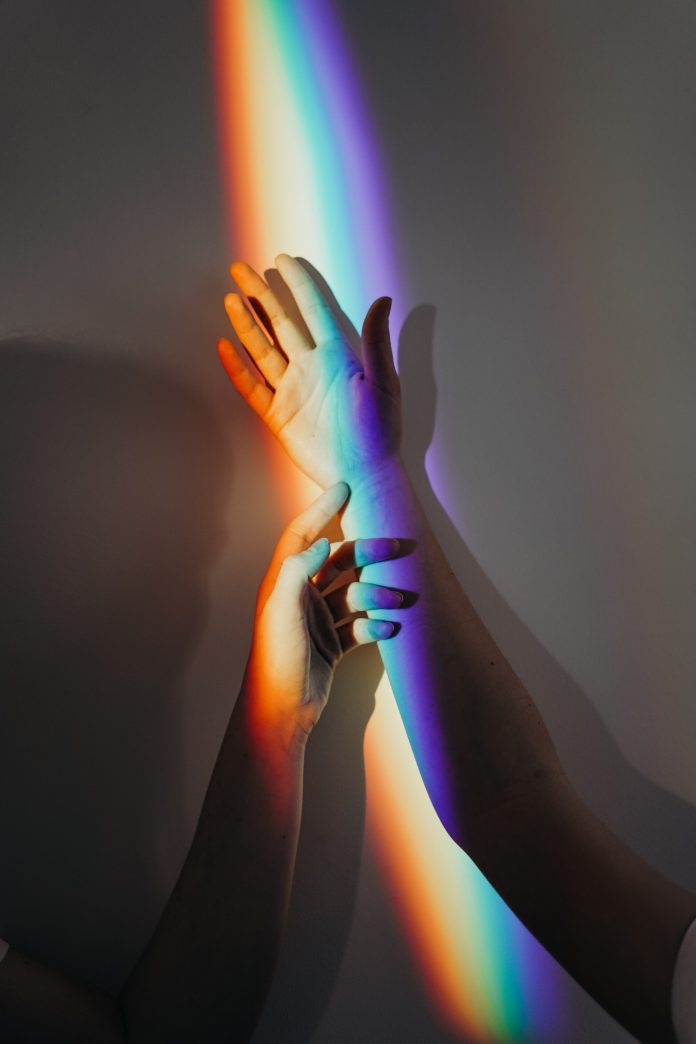Johannesburg – Despite the constitutional strides to recognise homosexuality as an orientation or inborn state of being, and in spite of many significant triumphs of the lesbian, gay, bisexual, transgender, intersex and queer (LGBTIQ) community, discrimination and oppression directed at the rainbow community are still deeply entrenched within the fabric of South African society.
Homophobia is one of the major threats that continues to gain its hyper- normative status, which has made it difficult to acknowledge and address intimate partner violence (IPV) and sexual abuse among LGBTIQ+ people.
While IPV has traditionally been framed within the heterosexual context, little attention has been paid on the prevalence of partner abuse, survivors’ barriers and barricades to seeking help and the quality of available assistance for LGBTIQ+ sector.
There remains, however, a lack of study regarding power inequalities and abuse, particularly in same-sex relationships. This silence is partly related to the structure of our society, which is predominantly organised along patriarchal, homophobic and heteronormative lines.
The damning accusations made by Mohale Motaung a few weeks ago against his estranged husband, Somizi Mhlongo, paint a grim picture on how PIV within homosexual relationships has taken form. While thorough investigation ought to be undertaken to scrutinise weighty allegations levelled against the socialite and TV star, a great deal of effort is needed to address abuse and violence among homosexual partners.
Regrettably, the heteronormative structure of society has created a hostile environment to vigorously deal with social stigma experienced by the LGBTIQ+ community coupled with the further stigma associated with IPV, which make homosexuals more hesitant not only to report and share experiences of partner abuse but also to self-identify as members of LGBTIQ+ community.
Of course, I am not for one moment suggesting that Mohale is an innocent bystander as there are always two sides to every story, however, allegations around partner abuse must be condemned with the contempt they deserve, their authenticity must be tested by the rule of law.
Though Somizi denies allegations of abuse in his statement, I highly applaud both, particularly Mohale, for coming out and indomitably speaking up about alleged abuse.
In their collaborative book Home Affairs – Rethinking Lesbian, Gay, Bisexual and Transgender Families in Contemporary South Africa, Gabriel Khan and Yolan Moodley, unequivocally state that IPV is an issue that is often sidelined within LGBTIQ+ sector in favour of more evident or accepted issues such as bullying or coming out.
By Stanley Ncobela.
• Ncobela is a lecturer and columnist.
To read more political news and views from this week’s newspaper, click here.
Follow @SundayWorldZA on Twitter and @sundayworldza on Instagram, or like our Facebook Page, Sunday World, by clicking here for the latest breaking news in South Africa. To Subscribe to Sunday World, click here.
Sunday World



